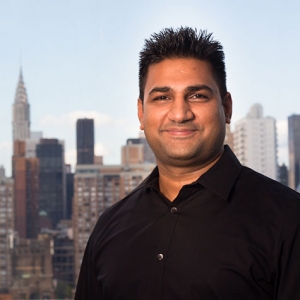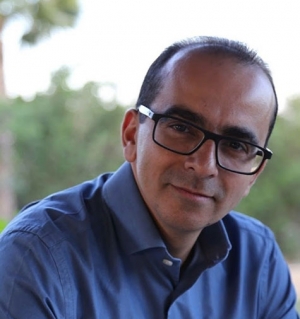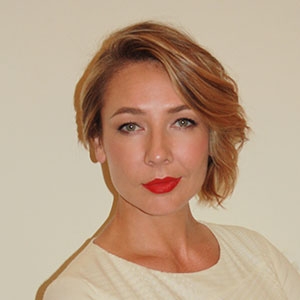-
Written by Rebekah Placide - PhD Candidate - USA
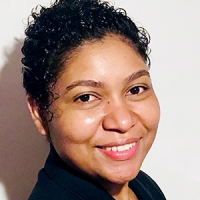
- PhD Student Blog
I began teaching undergraduate students in the fall of 2015 with the intention of pursuing my PhD in a few years. My teaching responsibilities increased over time and it became clear that I needed to pursue my PhD sooner rather than later.
In 2017, I began my search for a program that would fit several of my criteria. I wanted a flexible and affordable program that would allow me to continue teaching. I wanted a combination of in-person and online courses. More importantly, I wanted to study International Business with a mix of finance and/or economics.
-
Written by Khurram Hussain - PhD Candidate - USA
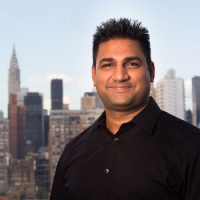
- PhD Student Blog
I had a wonderful time last year at ISM. I finished my coursework in the first quarter of 2017 and started working on my dissertation proposal. Overall, working on my proposal has been an exciting academic venture.
-
Written by Raphael Schlup - PhD Candidate - Switzerland
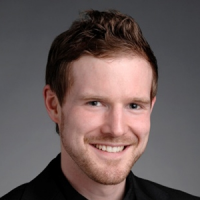
- PhD Student Blog
At the beginning of October 2017, I attended my third face-to-face course in Paris. My focus in my PhD program is on entrepreneurship and innovation, but this course was focused on the future of work, which includes pivotal upcoming changes in organizations. As a mechanical engineer, I was very interested to see how my profession and work environment will change in the future. What I discovered during the course and the later final assignment changed my mindset and influenced how I will interact with upcoming megatrends (e.g. digitization) in an organization.
-
Written by Khurram Hussain - PhD Candidate - USA

- PhD Student Blog
Being a PhD student at ISM is a unique experience for me. I attended the Strategic Human Resource Management seminar in Paris last month. It was a great opportunity to learn new human resource skills during face-to-face interaction. I exploited this chance to explore new horizons while meeting colleagues who came from all around the globe.
-
Written by Emad Abouelghit - PhD Alumnus - Egypt
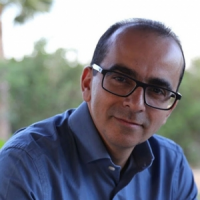
- PhD Student Blog
Once I completed my MBA in 2010, I decided to do a PhD. I had two main personal motives to make that decision:
Second, I wanted to have more work-life balance during my late career through teaching and consulting.
I have always liked the dynamic corporate life, competition, challenge and success. However, stress levels in today’s enterprises are extremely high, and strongly correlated with how senior you become. Budgets are limited, competition is fierce and uncertainty is high. Being passionate about what I do, I enjoyed meeting and overcoming these challenges. I enjoyed the rewarding feeling after a killer campaign, a new product launch or a successful presentation. I enjoyed working long hours and giving my job the biggest chunk of my time. However, I began to notice that this might not be the way I wanted my life to be forever, especially when I wasn’t running my own business or making $500,000 a year. It was just not worth it to continue like this for the next 25 years till I reach my retirement age.
-
Written by Emad Abouelghit - PhD Alumnus - Egypt

- PhD Student Blog
Once I completed my MBA in 2010, I decided to do a PhD. I had two main personal motives to make that decision:
First, I wanted to learn and advance my career in marketing by differentiating myself from peers and knowing more about the subject matter.
I believed that a PhD would help me make better marketing, better management and better informed business decisions. Since my early childhood, I have always been a competitive learner. I enjoyed the learning process itself and enjoyed being at the top of my class and felt bad when I wasn’t. I continued to have this notion in my professional life as well. I always wanted to compete, take credit for good work and get promoted. So, a PhD made sense to “me” from competition, learning and career development perspectives.
-
Written by Emad Abouelghit - PhD Alumnus - Egypt

- PhD Student Blog
It is common when academics do Master and Doctorate degrees to advance their careers in teaching or research. Also, many practitioners do MBAs to improve their business and management knowledge. However, it is pretty rare when a seasoned practitioner with a full-time job and many years in the industry decides to do a Doctorate degree. As an entrepreneur, a manager or a CEO looking for further career success, do you really need a Doctorate under your belt?
-
Written by Anna Vladimirova - PhD Candidate - Canada

- PhD Student Blog
I was very enthusiastic to take the challenge of completing my very first seminar online prior to my planned visits to Paris this spring. Between the very busy work schedule, business trips and having a social life, online courses are a perfect option for me.

